It was midnight, not so long ago, when I woke up, used the toilet and returned to my bed to continue from where I stopped. For almost an hour, I closed my eyes in vain. I could neither induce nor seduce sleep. I was rolling from one end of the bed to the other, like a footballer faking injury. I decided to go into my study, to prove to sleep that I could use the time for something else. My study is a junkyard. I tip-toed through the wreckage of books, old newspapers and all sort, and aimed for a particular Ghana-must-go housing old magazines. I randomly picked three editions of Newswatch magazine and went back to bed.
The first was the March 12, 1990 edition, “Cult of Deaths”, on the growing horror of secret cults in Nigerian universities. I flipped through within one minute. I took the second. It was the February 20, 1989 edition. The cover story was “IBB’s Surprise Move: The Sacking of AFRC”. The all-powerful Armed Forces Ruling Council was the three arms of government rolled into one: executive, legislature and judiciary (it could overrule the Supreme Court). Gen. Ibrahim Babangida, the military president, had shocked the whole world by dissolving the body. I flashed back to the controversy that followed, particularly fears that IBB was about to become a full-blown dictator.
I leafed through the magazine again and shook my head on seeing the pictures of some of Nigeria’s most powerful military men at the time. David Mark, Nura Imam, Ndubuisi Kanu, John Shagaya, Gado Nasko, Larry Koinyan, Paul Omu, Yohanna Kure, Oladipo Diya, etc. Newswatch speculated that most of them would be dropped from the reconstituted AFRC. I looked at their 40-something-year-old faces and shook my head again. “Nothing lasts forever,” I muttered to myself. Kingdoms rise and kingdoms fall. Fact of life. So whenever I see the “men of power” today chasing us off the road with their siren, I imagine where their convoy would be heading in 2027 or 2037.
On page 19 of the same edition, I saw a story on the arrest of Chief Chris Okolie, publisher of Newbreed. His magazine had written a story, “A Harvest of Generals”, following a spate of promotions in the army. The military authorities did not like the story. Punishment? He was detained without a word. That was the fate of journalists under military rule. A little story considered to be an irritation was met with excessive deployment of state power. Today’s publishers of fake news would not have survived under a military regime. You didn’t need to publish fake news to be jailed. Just publish anything considered nauseating or “radical” and SSS or DMI would snatch you.
Advertisement
Flipping to page 31, I saw a short story in which Chief Ernest Shonekan, then chairman of UAC, warned that “there is little prospect for a return to the petroleum price which we enjoyed five years ago”. He was referring to the 1984 price of $28, comparing it to the $18 in 1989. He was wrong. Oil would later sell for $147 in 2008. Nigerians did not “enjoy” it, though. So maybe he was right. He also said the 20-fold increase in oil revenue in the 1970s killed productivity and only encouraged local assembly and packaging industries which “rather than become locally self-sufficient, depended on imported raw materials”. He was very right. And we are still saying the same thing in 2017.
I threw the magazine aside. I then made the mistake of my life: I picked the May 30, 1988 edition. I wish I hadn’t. I still believe it was the work of the devil. The cover design was completely black, but for the two big eyeballs in darkness as well as a slender white outline and a thick red border. It screamed: “NEPA — A Nation in Darkness.” It was a special focus on Nigeria’s power problems. This edition could have been reproduced 29 years after — I mean this year — with just little changes: the principal characters and the anecdotes. At the risk of exaggeration, I would say things were even better in those days than today, especially comparing the expenditure with the results.
Ray Ekpu, the editor-in-chief, started his weekly note thus: “Sometime in 1981, the then president of Nigeria, Shehu Shagari, was poised to make a budget speech to the National Assembly… Everyone was seated and as the president began to make a speech, the brightly lit hall turned into pitch darkness. For 15 minutes the hall was enveloped in darkness and it remained so.” He also wrote about the embarrassment Babangida faced in Kano on April 16, 1988 when he was entertaining Flt. Lt. JJ Rawlings, Ghana’s head of state, to a state dinner. There were three power cuts during the event. Everybody was embarrassed, but Rawlings managed to make a joke of it.
Advertisement
Ghana also had power problems at the time. Today, Accra, its political and economic capital, enjoys uninterrupted electricity. Nigeria? Now don’t get me started. According to Newswatch, NEPA’s installed generation capacity as at 1988 was 4,000 megawatts. It wrote: “This is expected to increase to between 10,000 and 12,000 megawatts by the year 2000.” I’m not joking. A few days ago, some 29 years after, the ministry of power happily informed Nigerians that power generation has now hit 3,000-4,000mw again. I’m not joking. Between 1988 and 2017, we have spent at least $30 billion on the power sector to generate uninterrupted darkness.
Let me amuse you a bit. In 2001, my landlord had promised to buy a generator big enough to power his flat and mine. Someone was relocating to the US and wanted to “fling” his generator. Suddenly, my landlord changed his mind. “If you noticed,” he lectured me, “power has improved in recent times. President Obasanjo has finally fixed the problem. There is no need to waste money on generator.” I nodded stupidly. According to official statistics, power generation had hit 3,000mw by 2001. It was time to roll out the drums. And so, 16 years after, we are still rolling out the drums to celebrate 3,000mw. Can you believe that?
When Obasanjo came up with Vision 20-2020, we were promised power generation would hit 10,000 megawatts by 2007 and 35,000mw by 2020, when Nigeria was expected to be among the 20 biggest economies in the world. The projections were brought in dead. When Obasanjo was leaving office in 2007, we were still celebrating 3,000mw of power supply. The plan, reviewed and re-presented by his successor, President Umaru Musa Yar’Adua, projected that installed capacity would grow from 6,000mw in 2009 to 20,000mw by 2015. Ladies and gentlemen, this is 2017 and we are still so glad to announce that we have hit 3,000mw again. A round of applause.
The excuses, or let me say the reasons, for epileptic power supply in 1988 are virtually the same excuses, I mean reasons, in 2017. Mr. David Oyeleye, then NEPA’s general manager, told Newswatch that “we cannot run many of the machines at Egbin because gas is not there yet… the amount of high pour fuel oil, HPFO, which is needed is not even produced in the country in sufficient quantity”. There was also the regular excuse, I mean reason: “Low level of water at Kainji and Jebba dams.” There were less than 80 million Nigerians in 1988; we are now well over 170 million. And we’re still celebrating 3,000mw. Another round of applause please.
Advertisement
After allowing the devil to torment me for 30 minutes, I said “No Más”, like Roberto Duran, and moved to the next story: “Why Food Prices Are Up”. An Agege housewife said she used to feed her family of six with a weekly budget of N20. “A mudu of garri now sells for N16 [so] where does that leave my N20?” she asked. At that stage, I told myself I had had enough. Get thee behind me Satan! I flung the magazine far away like Christmas banger, switched off my bedside lamp and cuddled my pillow, muttering: “But where do I get this reckless confidence from — that Nigeria will change someday?” God so good, I lapsed into unconsciousness, snoring away my midnight sorrows. Zzzzzz.
AND FOUR OTHER THINGS…
LONDON TERROR
A terrorist struck in London on Wednesday using a car and a knife as weapons of warfare in an apparent plot to attack the parliament. As it usually obtains in civilised societies, UK politicians united to condemn the madness, which led to four fatalities. In my country, such tragedies always offer an excellent opportunity to play politics — to call somebody “clueless”, “janjaweed” and so on. The London show of solidarity does not mean the political and racial divides have suddenly disappeared, but a sense of humanity trumps politics at such trying moments. I still hope that someday, our politicians would realise how much they have let us down. Myopic.
THE XENOPHONES
Advertisement
In April 2015, President Goodluck Jonathan recalled Nigeria’s high commissioner to South Africa because of xenophobic attacks. The South African government reacted by insulting him, promising to negotiate with the “new administration that will assume office in Nigeria next month” — in reference to President Muhammadu Buhari. They taunted Nigeria on the insurgency in the north-east, saying sarcastically: “We hope that the more than 200 girls kidnapped by Boko Haram will someday be reunited with their families.” Many people thought it was good since it was Jonathan that was being insulted. But what has changed? Xenophobes.
NAIRA MAGIC
Advertisement
The naira has dramatically recovered from an all-time low of N520/$1 to less than N400 in two weeks. What changed? Is it that we have now diversified our sources of forex? Are foreign investors now pumping dollars into the economy? Are we now less dependent on imports, thereby reducing the demand for forex and giving the naira some respite? Is it because the ministers “who colluded with IMF to devalue the naira” (in the words of Femi Falana) have repented? Or it is because the increase in crude oil prices has improved our fortunes? The real secret, to me, is that the CBN is pumping dollars into the market, like a performance-enhancing drug. Steroids.
AZUH’S BIBLE
Advertisement
I’ve been threatening to write books for ages and I have not managed to produce any complete manuscript. Therefore, anytime I see a colleague successfully pull one through, I admire the discipline and tenacity. My own very dear brother, Azuh Arinze, publisher of Yes International magazine, has just been delivered of his second baby, ‘The CEO’s Bible’. His first, ‘Tested and Trusted Success Secrets of the Rich and Famous’, was a highly inspirational work. ‘The CEO’s Bible’, which comes in two volumes, features 90 exclusive interviews with top executives who are major players in their industries. It’s a business school on its own. Commendable.
Advertisement
5 comments

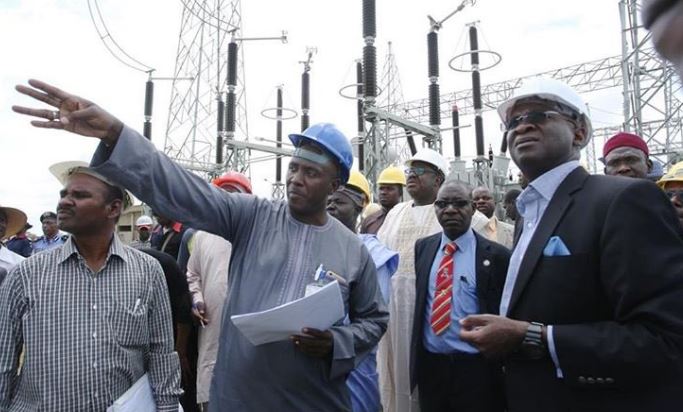

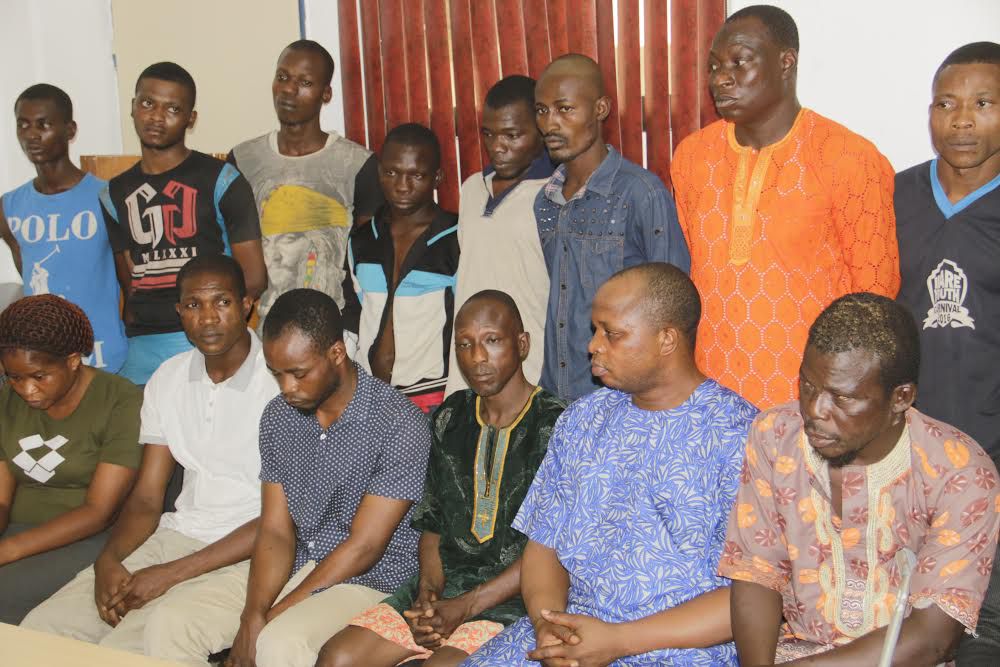
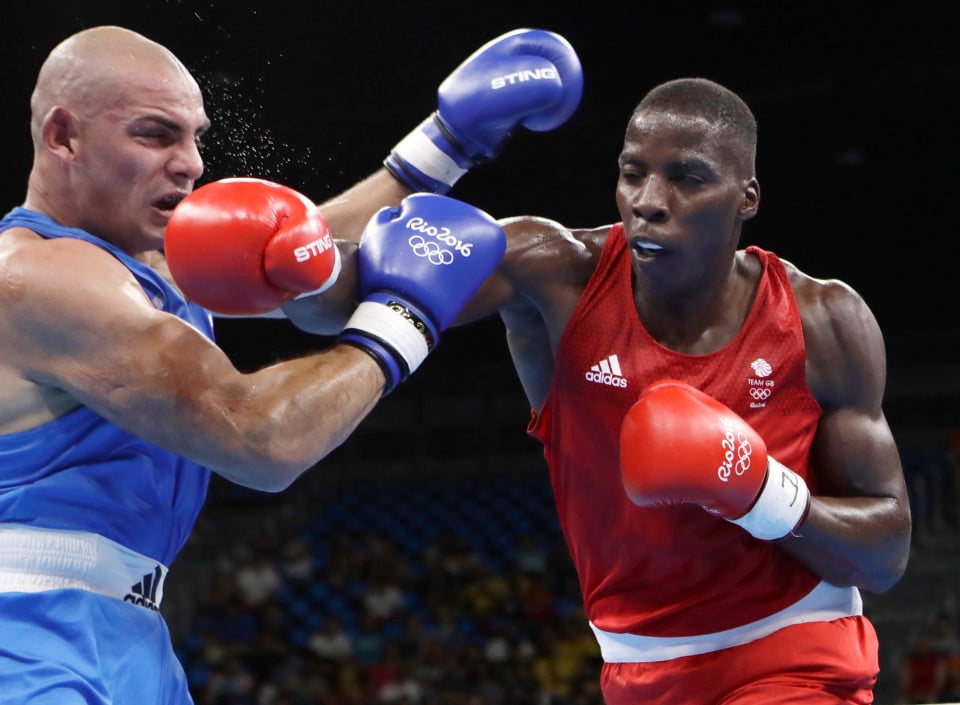
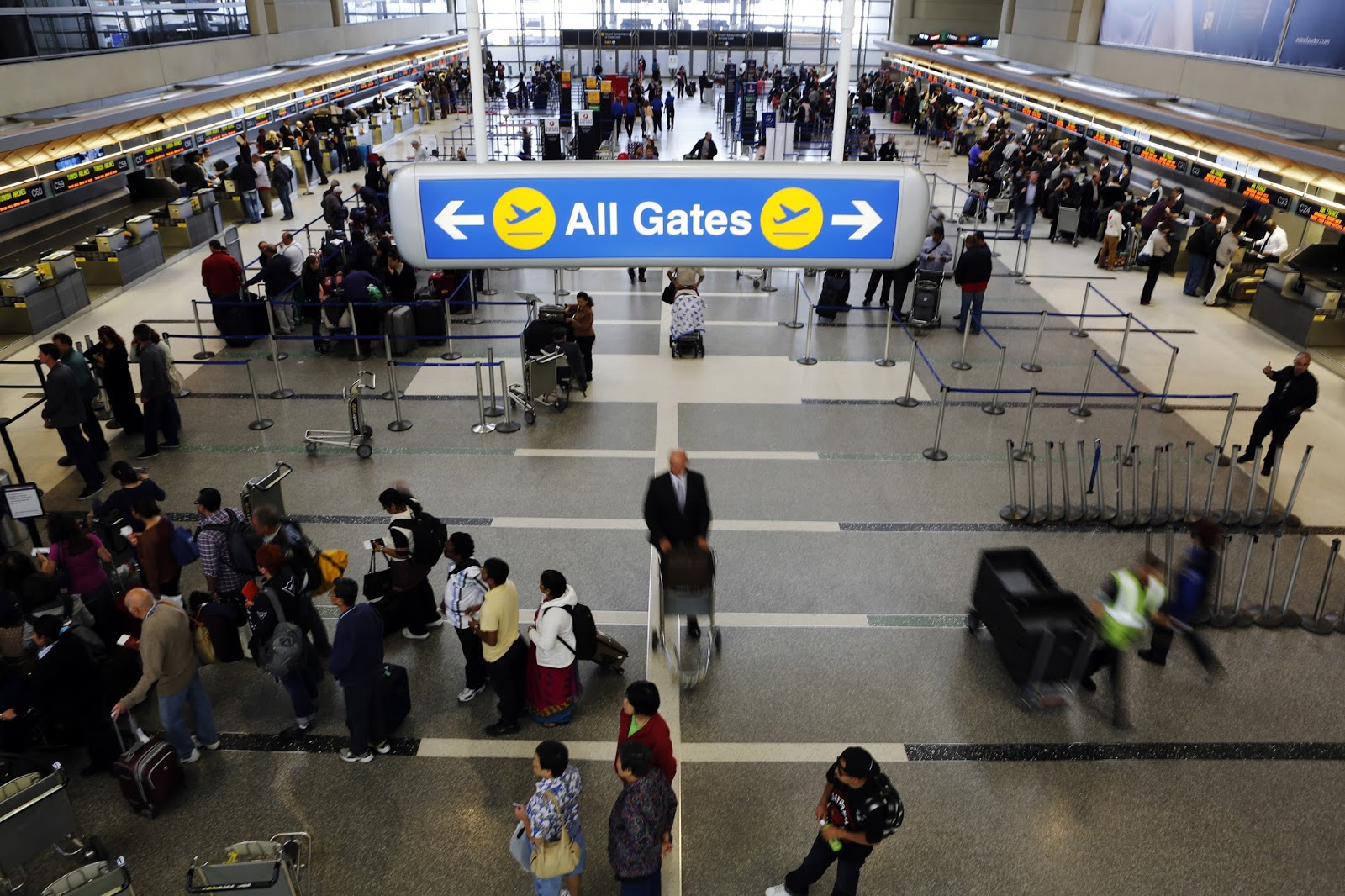
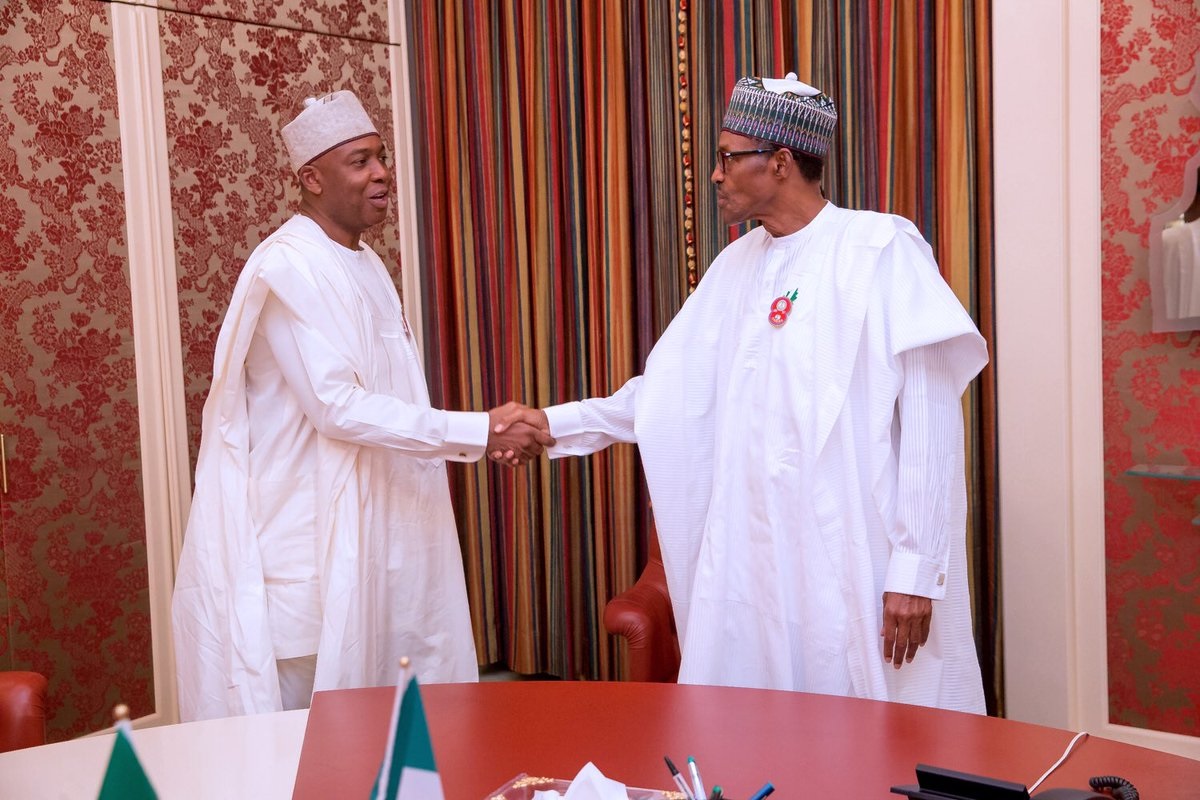
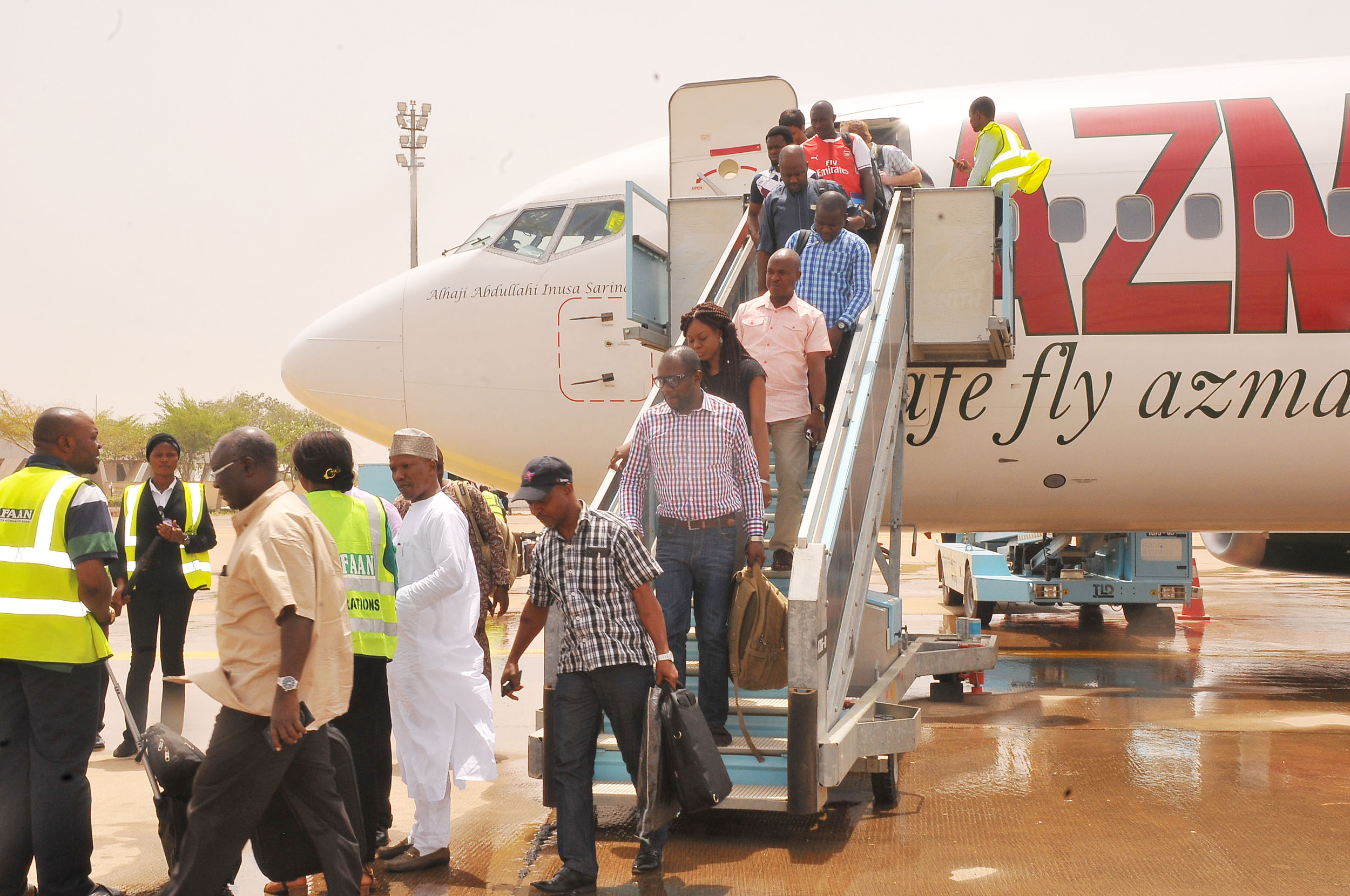
Nice article and well written ….however the last line says you switched off the bed side lamp? I assume this is a rechargeable?
A great article like always…. very sad though we’re still in a ” a wa bi ewa” situation in this country. We’ll still pray, (that’s the excuse) that there shall be light at the end of the tunnel!!!!
We should not loose hope. However long, a stammerer will successfully pronounce “baba” (father)
On another serious note, we should consider using coal.
Due to the issue of global warming and its attendant repercussions, using coal to generate our electricity may not be feasible. Besides,it seems things have just been engineered not to work well in Nigeria. Even if coal were able to provide some respite to our power crisis, a day would come when the coal reserve would be reportedly nearing its natural limit. The best solution to any Nigerian crisis is the creation of policies and a dilligent pursuit of its implementation but dont Nigerian politicians have two heads ?. They are different from their sensible counterparts in the West.
That political correctness that lies to stagnating countries, calling them ‘developing countries’ when in truth they are stagnant and even in some cases retrogressing is just disingenuous. How can Haiti be a called a developing country alongside The Sudan, South Sudan, Somalia, Nigeria, Afghanistan and Pakistan? What is Brazil, South Africa, Thailand, Argentina, India, Egypt… if these sores of the earth are developing countries?
Tell yourselves the truth Nigerians and shame the Devil; a country whose health system is so none-existent that its leaders for the past 40years gladly seek health solutions overseas cannot be said to be developing. A country is not developing because its citizens drive more cars or own bigger structures in its major cities or fly enough private jets to shame the Kenyans. A country that made trillions and trillions of naira not by any tasking revenue drives nor through sci-tech advancement but by hiring foreigners to dig up its oil, ship overseas for refining and import as finished products, and yet cannot generate enough electricity for more than 5hrs/day for half of its population cannot claim to be developing, especially when you consider how long the charade of trying to generate electricity has taken.
A country that cannot supply drinking water to homes, clear domestic refuse from its cities; condemns its mentally challenged to roam its streets; flies presidents upon presidents, governors and senators overseas to treat knee issues (IBB), ear infections (Buhari), a mismanaged case of malaria!( Yar’adua) and miscellaneous trivia health issues and has a minister boldly announce how it will be making pencils in 4years would have been declared a failed nation had Somalia not refused to concede a few points. But when you take into consideration the resources at the disposal of Nigeria you just edge Somalia off their notorious perch and stand the Nigeria in its place, comfortably.
When you consider how most Nigerians are blissfully oblivious of the shame of having their president luxuriate in the UK for some undisclosed ailment while their country continuously allocates millions of dollars to a no-existent healthcare system; when you consider how the citizens keep mute over this grievous violation of their dignity and humanity; when you come to know that there are even citizens who don’t find this odd, shameful and worthy of a call for impeachment, citizens who tongue-lash compatriots for asking cogent questions about these bewildering oddities, you come to the realization that you are dealing with a country of failed citizens. That Nigeria has not yet been declared a failed state like Somalia is because its reprobate buccaneers still want everything held together so they can continue using the pretense at nationhood to get richer and more influential. When they are rich enough, when the oil dries up, then we Somalia will abdicate and Nigeria shall take its rightful place. But until then, let’s continue to play the ostrich, let’s continue to execute the injunction of misinformed pastors when they ask us to “pray for our dear county, Nigeria”, let’s continue to wallow in the deceptive beauty of that tag, “developing nation”. But while at it, let those who seek to really move things beyond the lies and fallacies ask ourselves again; what exactly qualifies a country as developing?- and afterwards proceed to study Brazil while reading Niyi Osundare’s Here Nothing Works to the accompaniment of Lagbaja’s 180million Mumus.